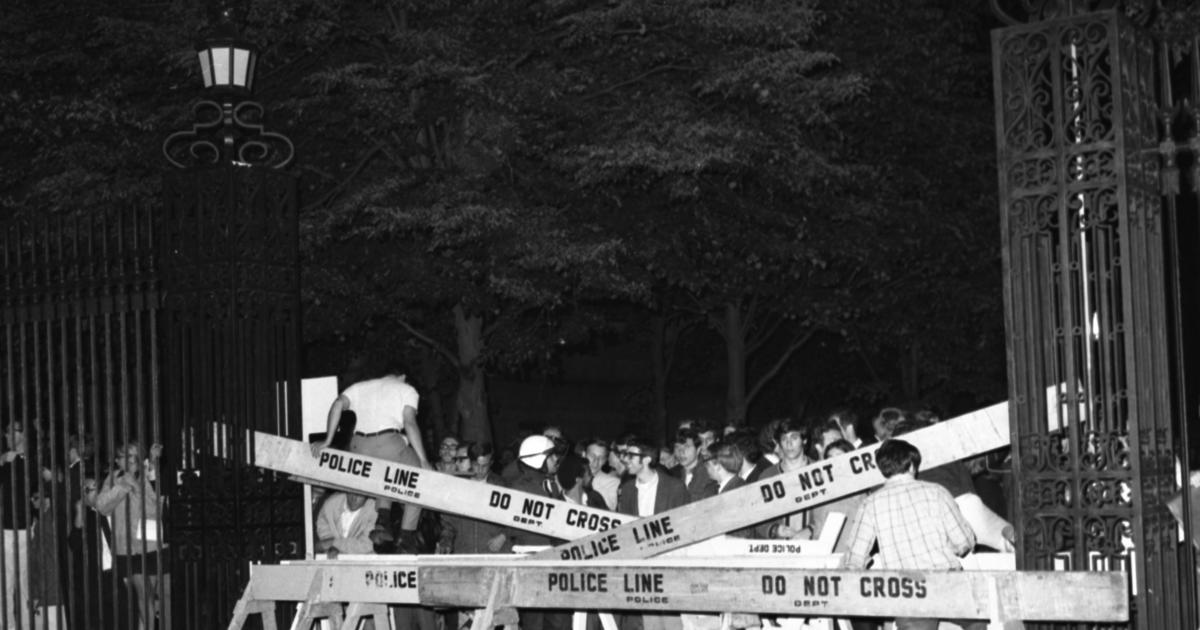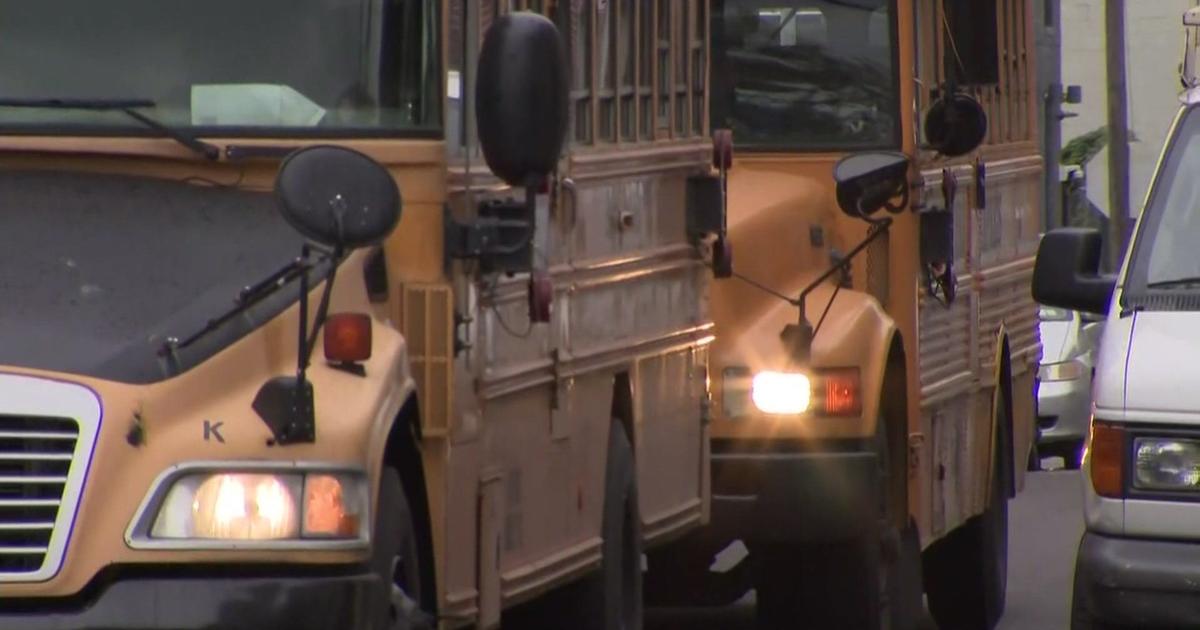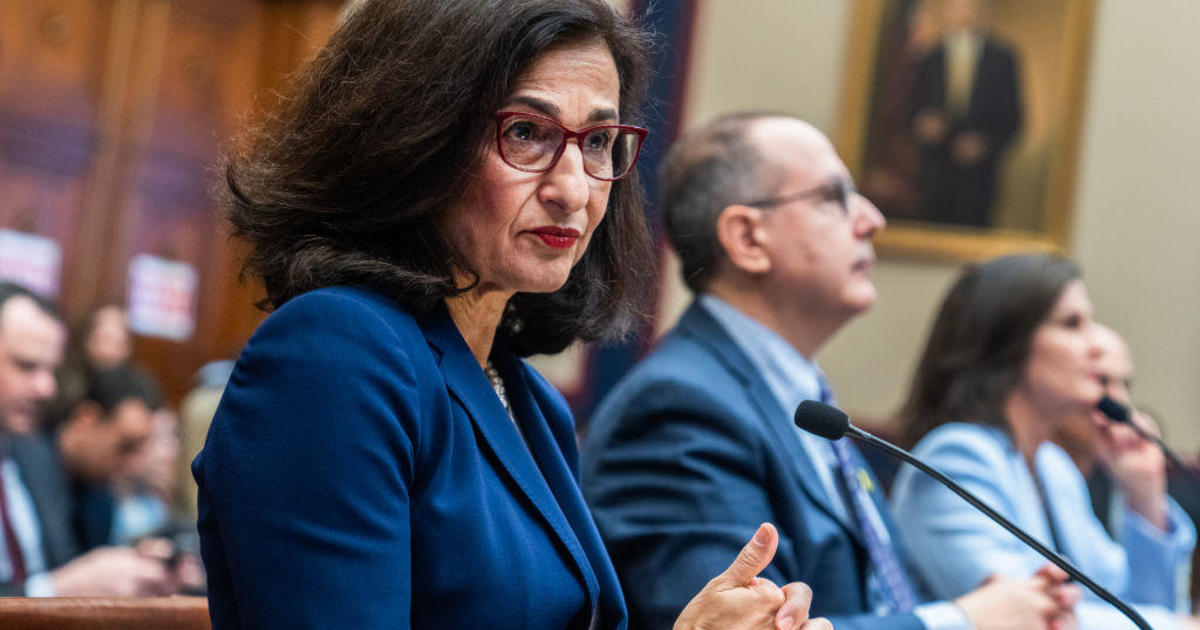Report Outlines 'Deplorable' Conditions At City's Animal Shelters
NEW YORK (CBSNewYork) -- A new report by Manhattan Borough President Scott Stringer said New York Animal Care and Control shelters are plagued by deplorable conditions and dysfunction at the organizational level.
The report released Sunday said the city's Animal Care and Control agency is in "dire need of reform." The report blames the fact that the agency is under the oversight of the city Department of Health and Mental Health, and its leaders "lack the independence, ani¬mal care expertise and fund-raising capabilities necessary to properly fulfill their mission."
• READ THE FULL REPORT -- Led Astray: Reforming New York's Animal Care and Control
Stringer said in the report that Animal Care and Control has had a dysfunctional management history for nearly two decades, having been through 11 executive directors in 1995 and no full-time medical director since February.
Underfunding and lack of staffing have resulted in crowded shelters and what the report calls "a nearly 100 percent outbreak rate of infection" at the shelters – which are located in East Harlem in Manhattan, in Brooklyn, and in Staten Island. The Manhattan and Brooklyn shelters are particularly overcrowded, as they also have to take in all the animals dropped off at receiving centers in the Bronx and Queens.
"Overcrowded shelters create conditions that foster animal neglect and illness," the report said. In January 2012, a volunteer at the Manhattan shelter posted a grim description of conditions in the temporary cages on the Shelter Reform Action Committee Web site. 'These temporary cages are always filthy – covered with feces and no food or water. I know that some dogs or cats can be messy, but I'm usually at the shelter for several hours straight, and I check on these cages when I come arrive [sic] and when I leave, and they stay the same: filthy with vomit, diarrhea, dirty or no water.'"
Citing accounts from volunteers and anonymous employees, the report described the conditions at the Brooklyn and Manhattan shelters as "hallways lined with cages, stacked two or three high, with animals crying loudly. The smell has been described as a nauseating mixture of animal excrement and vomit."
The lack of staffing has also led to preventable animal deaths, the report said. One dog, Cocoa, was healthy when she was dropped off at a shelter to be spayed, but ended up dying on the operating table "because the surgical team failed to provide her with oxygen during the operation, because of an improperly monitored valve," the report said.
Animal Care and Control dropped the ball after Superstorm Sandy hit in late October, the report alleged.
"In the days following the storm, volunteers and rescuers reported that AC&C's doors were closed and field operations ceased – preventing individuals from dropping off found animals," the report said. "Furthermore, AC&C's computers were down for 11 days, during which time the nightly 'kill list' (of animals at risk for euthanasia) stopped going out to rescue groups, leaving many volunteers and rescuers to question what happened to these animals."
An animal rescuer, Rob Maher, said in the report that he experienced a "total failure of Animal Care & Control to help deal with the devastation" after Sandy.
"No one could get in touch with AC&C - there was no phone communication, no Internet communication, no website communication - no one could figure out what they were doing," Maher said in the report.
Maher also said the agency locked the front doors of the shelter, preventing people – and homeless animals – from entering after the storm.
The report called for an assortment of reforms for Animal Care and Control, including restructuring the organization into an independent nonprofit like the Central Park Conservancy rather than an agency subordinate to the Health and Mental Health Department.
The report also called for revenue increases, including higher dog licensing fees. Chicago, Los Angeles, Miami, San Francisco and Seattle all charge significantly higher dog licensing fees than New York, and an increase to make the fees commensurate with those in other cities would provide millions of dollars in revenue, the report said.
The report called further for full-service shelters, rather than just drop-off points, in the Bronx and Queens to reduce overcrowding at the Manhattan and Brooklyn shelters.
"By implementing these sensible reforms, AC&C can finally have the independence, expertise and revenue generating ability it needs to properly fulfill its mission," the report said. "And in doing so, we can re-establish New York City as a national leader in animal care."
Stringer has called previously for an overhaul of Animal Care and Control. In 2011, he called conditions in shelters "shameful" and as in the latest report, called for a reorganization to a governance model similar to the Central Park Conservancy.
What do you think should be done to reform Animal Care and Control? Leave your comments below...



